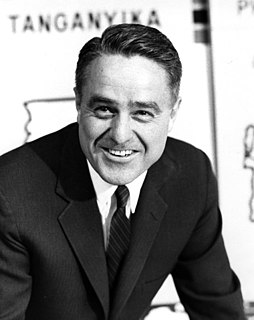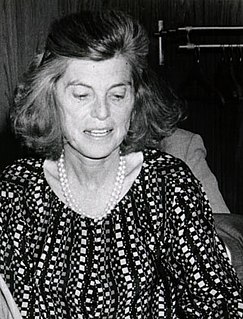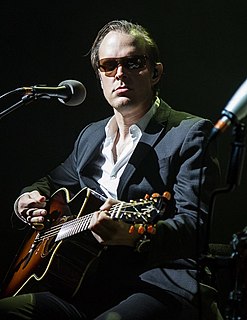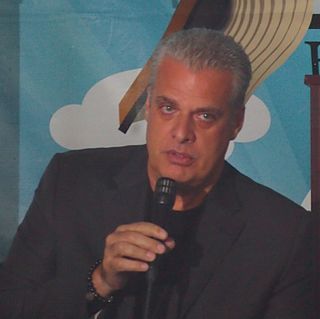A Quote by Ainsley Harriott
In our house caring about food is pretty instinctive.
Related Quotes
The cure is care. Caring for others is the practice of peace. Caring becomes as important as curing. Caring produces the cure, not the reverse. Caring about nuclear war and its victims is the beginning of a cure for our obsession with war. Peace does not comes through strength. Quite the opposite: Strength comes through peace. The practices of peace strengthen us for every vicissitude. . . . The task is immense!
I wanted to talk about certain things in a way that I hadn't seen them talked about. There is vast literature about caring for people romantically, about caring for children, but there's not a lot about caring for older people, eldercare. I was searching for a book that would speak to me, that wouldn't be sociological, that would offer some insight, some solace.
Every kind of work can be a pleasure. Even simple household tasks can be an opportunity to exercise and expand our caring, our effectiveness, our responsiveness. As we respond with caring and vision to all work, we develop our capacity to respond fully to all of life. Every action generates positive energy which can be shared with others. These qualities of caring and responsiveness are the greatest gift we can offer.
Our relationship with food - how, when, what and why we eat - is a direct expression of our underlying feelings, thoughts and beliefs about ourselves. It has to do with stances we take that get reflected not only in our relationship with food, but in all our relationships. It just so happens that the relationship with food causes enough conflict, grief, shame and hurt that we’re willing to look at it.
Empathy - that is, caring about people and acting responsibly on that care, not just for yourself, but for others - this is something that Barack Obama understands very well. He was a professor of constitutional law at the University of Chicago for ten years. As an expert on the Constitution and on our family values, he understands very well that the country is fundamentally about caring for one another. The day after his speech, he was interviewed on CNN, and Anderson Cooper asked him what patriotism was. He said patriotism begins with caring for one another.
Cooking is a holistic process of planning, preparing, dining and sharing food. I place food at the center of our humanity, as it nourishes not only our physical bodies but also our emotional and spiritual lives. Food is truly a cultural phenomenon that informs our traditions and our relationship with the earth. I genuinely believe that food connects us all.
Those of us who think about what we eat, how it's grown, those of us who care about the environmental impact of food - we've been educated by fabulous books, like Fast Food Nation and documentaries like Food Inc. But despite these and other great projects that shine a critical light on the topic, every year the food industry spends literally tens of millions of dollars to shape the public conversation about our food system.








































